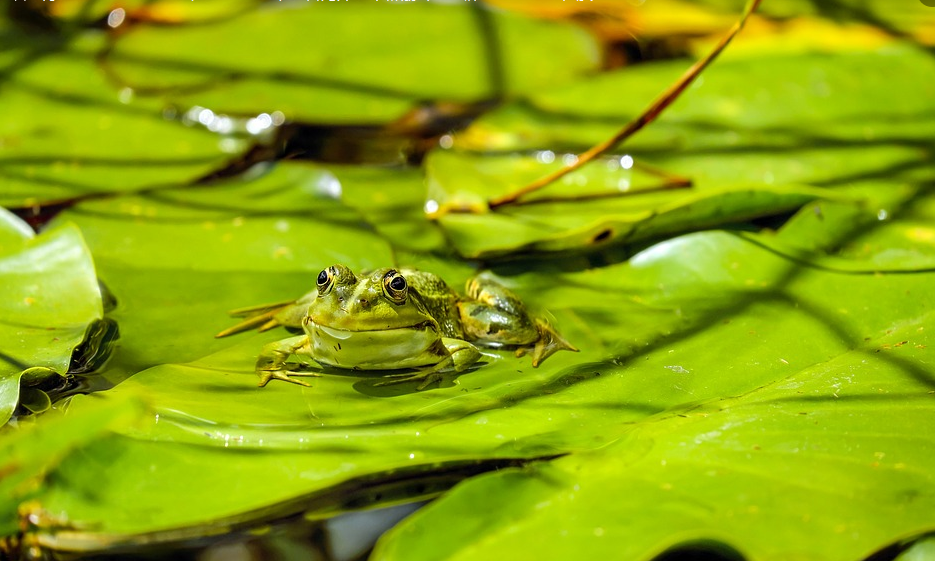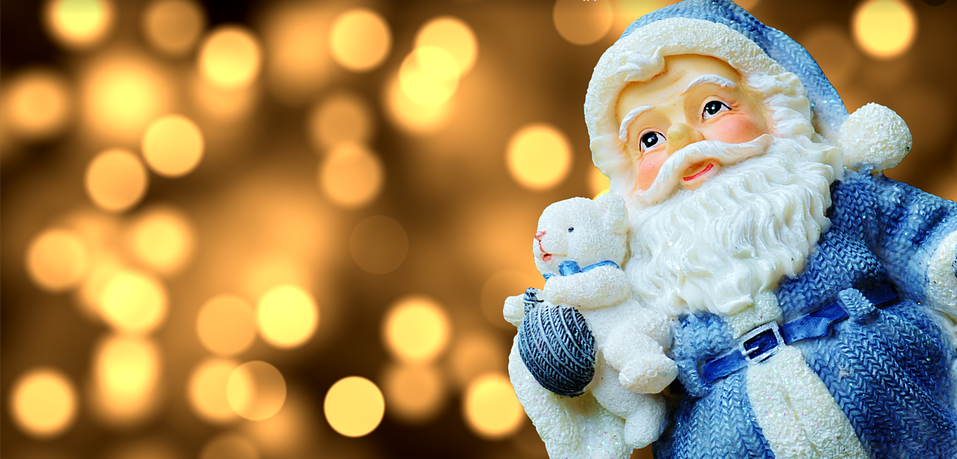尴尬的一词多义:出国要慎用的8个英文单词
|
爱思英语编者按:也许你认为自己英语口语不错,去英语国家旅游完全没有问题。不过不同的英语国家对于一些单词的含义理解不同,也就是有方言差异。小编为你整理8个不应在国外使用的英文单词,千万不要用错单词造成误会啦!
You may think it's easy to communicate when you're visiting another English-speaking country, but think again! Certain words mean something entirely different on the other side of the world. Read on to see which eight words could cause you embarrassment across the pond or down under. Pants Be careful who you tell in the U.K. that you have to go pants shopping—across the pond, "pants" means "underwear." When you're talking about jeans and khakis, you should call them "trousers." Fanny Own a fanny pack? In most other English-speaking countries, they're called "bum bags" because "fanny" is slang for a part of the female anatomy (and no, we're not talking about the rear end). So don't tell someone to stop being lazy and get off their fanny, either! Pissed In America, we may get "pissed off" when we're angry, but the Brits and Irish who are "pissed" are extremely intoxicated. "Taking the piss," however, means "to make fun of," not "to get drunk." Bangs Prepare for weird looks if you're bragging about your new "bangs" in England. A forehead-covering haircut over there is referred to as a "fringe" instead. Overseas, "bangs" is more commonly used as the somewhat vulgar slang that it is interchangeable with in America. Knob Americans hear the word "knob" and think "doorknob" or "lever." It has a much dirtier meaning in other countries, like Australia and the U.K., where it's an insult or slang for a part of the male anatomy. Now you'll know to be offended if someone calls you a "knob head." Root Americans may "root around" looking for a lost object, but Australians and New Zealanders use the term to refer to having sex. Pull If someone "pulled" last night in the U.K., they're probably not talking about pulling a muscle or drawing something apart. It's commonly used as slang for successfully picking up someone while out on the town. Likewise, "going on the pull" means that someone is going out with the express goal of getting some action. Bugger If you affectionately call your child or pet "little bugger," you might want to reconsider doing so in pretty much any other English-speaking country. In most other places, from Canada to Australia, it is commonly used as an expletive similar to the f-word. |









